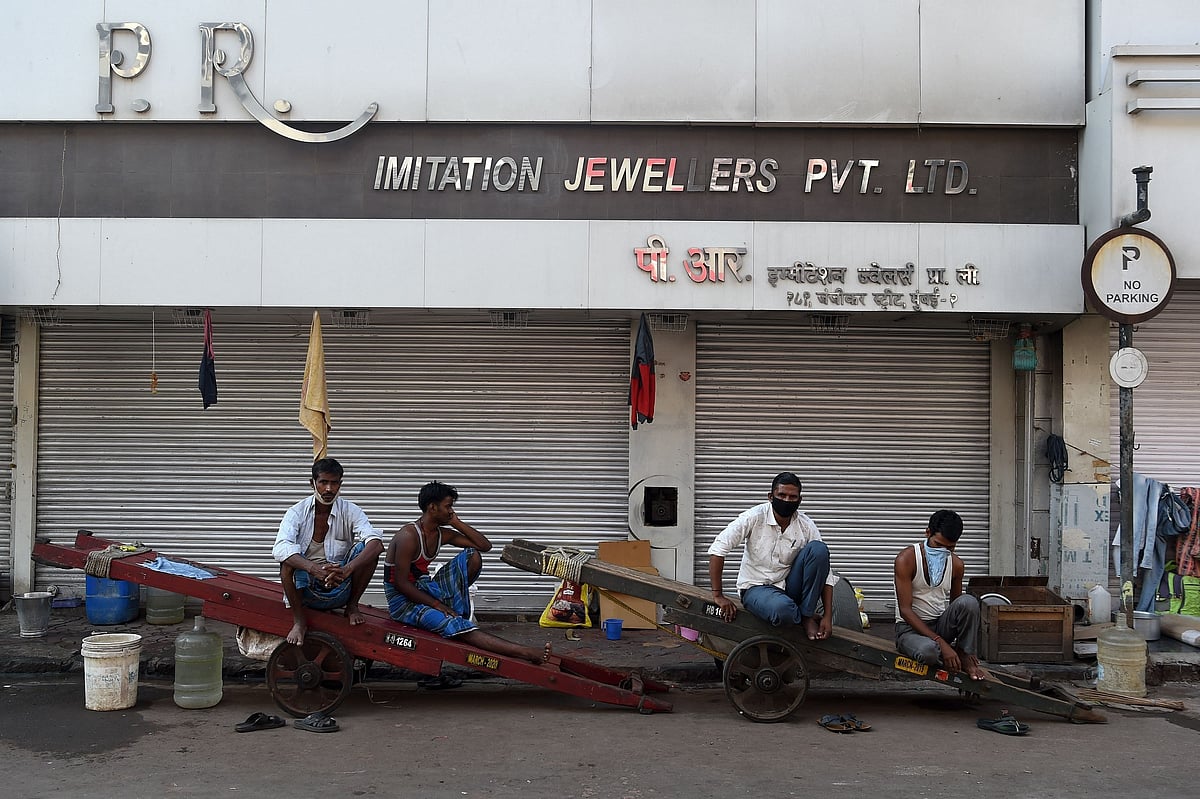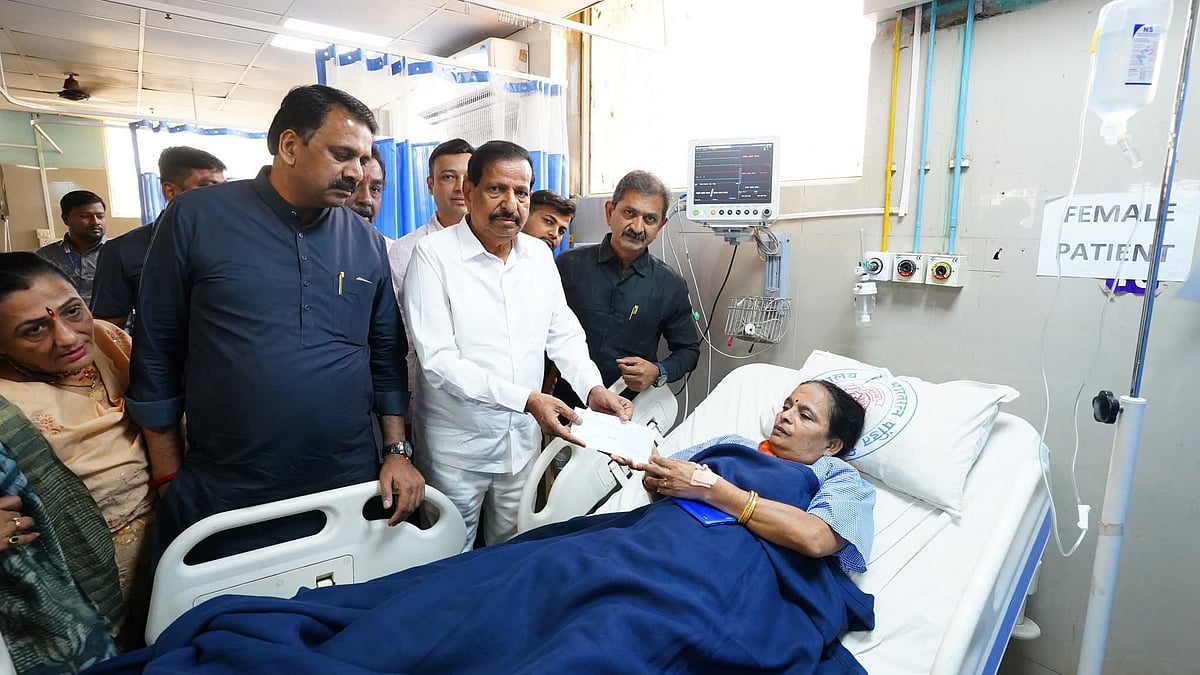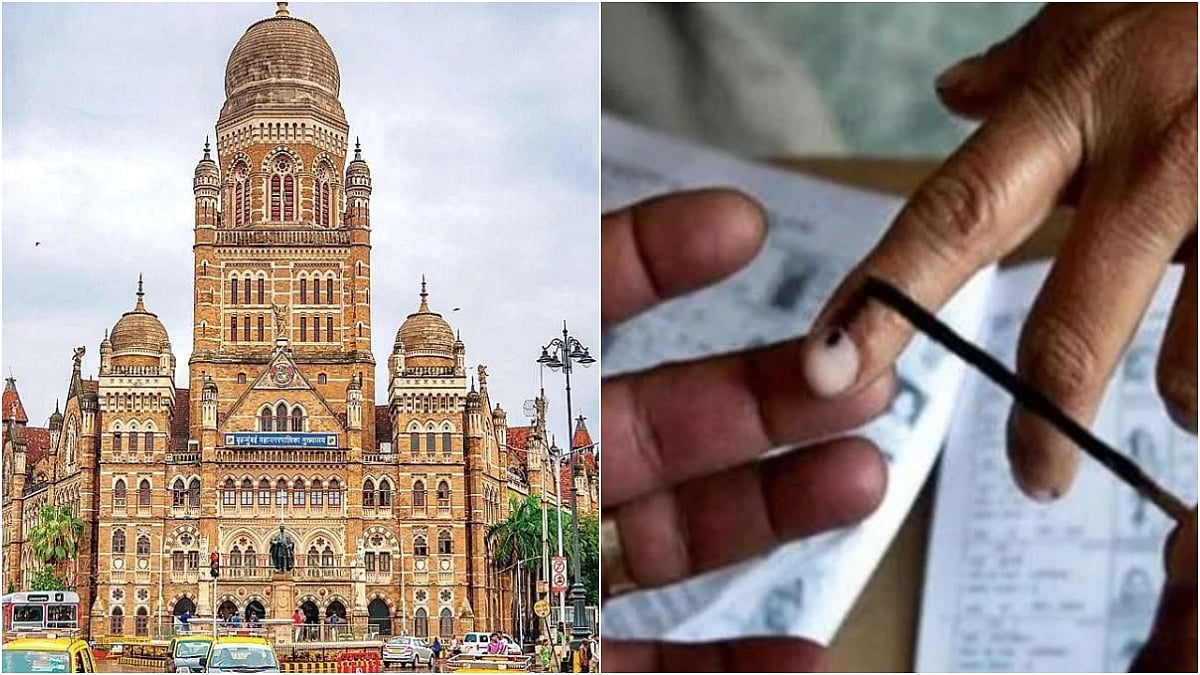The impact of the COVID-19 pandemic is stretching far beyond the spread of the disease. According to a survey report released by an organization on the impact of COVID-19 in Mumbai, 17 percent of the total respondents said they lost their jobs during the pandemic.
The survey conducted by Praja Foundation also pointed out that on an average, per day income of Mumbaikars fell by 25 percent during the pandemic.
The economic downturn, extensive containment measures, and inadequate social protection have meant a significant drop in income for many even in the financial capital of India - Mumbai.
“The drastic changes in the socio-political and economic milieu of Mumbai caused by the pandemic and lockdown drove the intent for conducting a household survey to better analyse its impacts. This report presents the findings of the household survey commissioned by Praja to Hansa Research, in some of the key areas of livelihood, health, education, housing and transport”, said Nitai Mehta, Founder and Managing Trustee, Praja Foundation.
The Praja Foundation surveyed 2,087 households in Mumbai to study the impact of the pandemic on the city and its people. The report released on Thursday revealed that 2 out of 3 respondents of the total survey sample said that the pandemic has had an adverse effect on their jobs.
While 24 percent respondents said that the pandemic affected their jobs severely, 17 percent said they lost their jobs.
Breaking down the structure of the 17 per cent respondents who lost their jobs, around 44 percent of those who lost jobs were unskilled workers, 14 per cent were skilled workers and 24 percent were people who were self-employed.
Every 3 out 4 (71 per cent) of the total sample survey said they were not able to save any money during the Lockdown.
“Livelihood and employment across sectors have been worst hit. Two of every three respondents said that their livelihood was adversely impacted, of which 36% had leave-without-pay, 28 per cent worked with reduced salary, 25 per cent worked without salary and 13% had extra working hours or were otherwise overburdened,” said Milind Mhaske, Director, Praja Foundation.
“Mumbai which is known for its in-migration from across the country mainly for livelihood, saw a huge outmigration during the pandemic. Of the 23 per cent respondents who reported that they had migrated out of Mumbai during the lockdown, 57 per cent went due to loss of job," said Mehta.
According to the report, around 69% of the total respondents said they faced difficulties in paying their house rent, while 60 percent of respondents said their Rent contract wasn't eased during the Lockdown.
"Almost 2 of 3 respondents (63 per cent of total sample survey) who worked from home, preferred to do so in the future as well. Demand for use of pedestrian spaces for mobility in Mumbai has increased post-pandemic," the report stated.
Total 39 per cent of the 2,087 respondents received free treatment for COVID-19. Of the 61 per cent who spent money on COVID-19 treatment majority (50 per cent) spent less than Rs 10,000. Nearly 48 per cent respondents said that they managed the treatment cost with help from family, relatives or friends, 27 per cent sourced it from their regular income, while 23 per cent sourced it from insurance.
Majority respondents were satisfied with public hospital treatment.
Elaborating on online education conducted during and post lockdown period the report revealed that 82 per cent respondents said their school provided adequate training to use online learning platforms (85 per cent private 76 per cent public). Total 79 per cent said the teacher spoke to them directly for an update on the child’s learning and well-being (81 per cent private, 72 per cent public).
“Online learning, however, did have its negative aspects, especially on the health of children. Nearly 63 per cent said online classes made children physically inactive and irritable (65 per cent) while 43 per cent said their child faced eyesight problems. This is also reflected in the preference of majority of parents (62 per cent) towards offline education- 54 per cent felt it was now safe to send their children to school”, stated Mhaske.
“The survey has highlighted the urgency for better policy making and planning for the future. The focus, in the immediate term, needs to be on creating avenues and securing livelihoods of the lowest socio-economic sections of the city, most affected by the pandemic. For the future, this experience provides cues for better planning of the city and strengthening of public infrastructure”, Mehta said.








